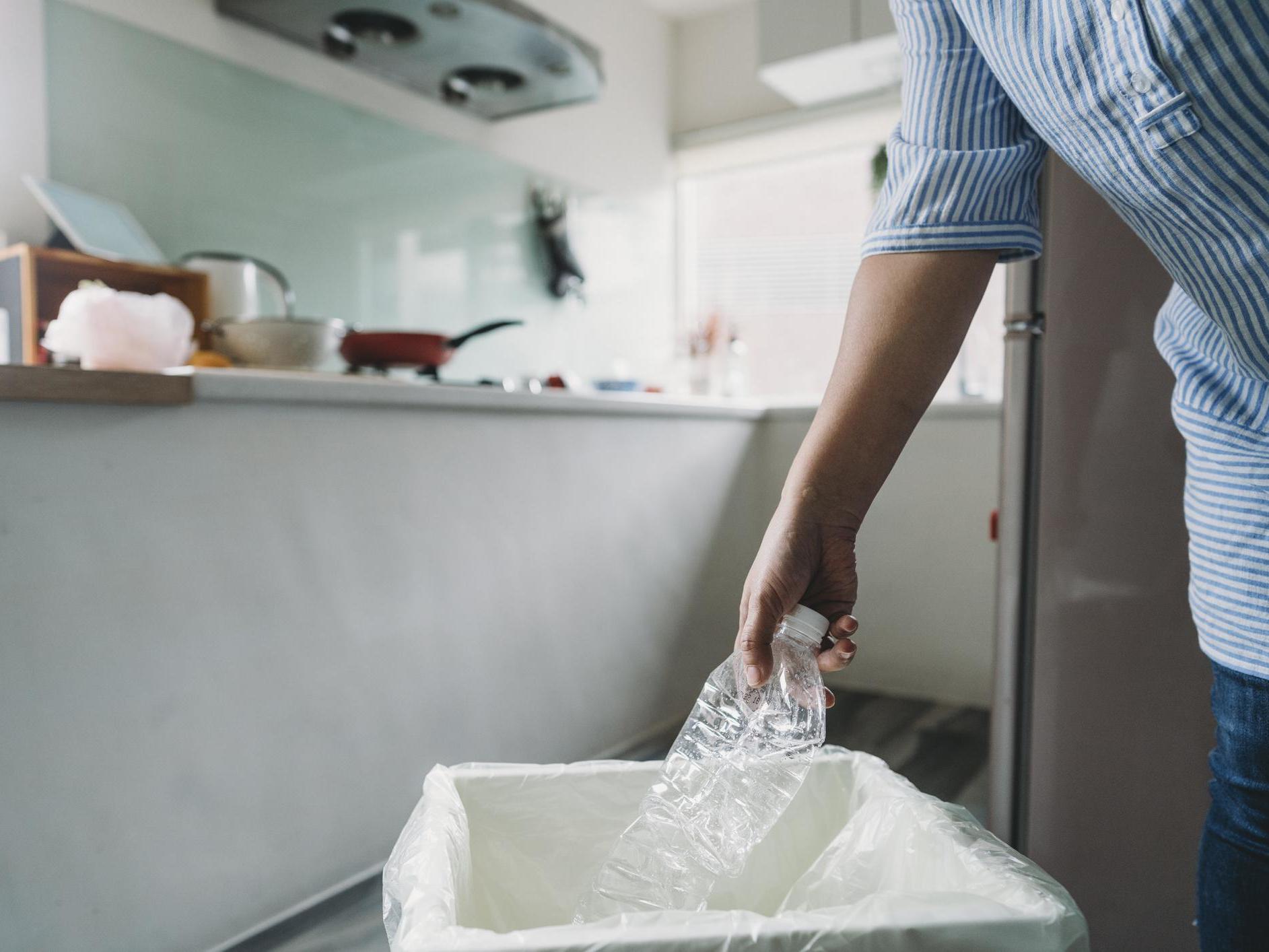Household plastic waste increased in lockdown, survey shows
More than two-thirds of the waste came from food and drink products

Your support helps us to tell the story
From reproductive rights to climate change to Big Tech, The Independent is on the ground when the story is developing. Whether it's investigating the financials of Elon Musk's pro-Trump PAC or producing our latest documentary, 'The A Word', which shines a light on the American women fighting for reproductive rights, we know how important it is to parse out the facts from the messaging.
At such a critical moment in US history, we need reporters on the ground. Your donation allows us to keep sending journalists to speak to both sides of the story.
The Independent is trusted by Americans across the entire political spectrum. And unlike many other quality news outlets, we choose not to lock Americans out of our reporting and analysis with paywalls. We believe quality journalism should be available to everyone, paid for by those who can afford it.
Your support makes all the difference.The amount of plastic waste in British households has increased significantly during lockdown, a new survey has found.
According to the Everyday Plastic Survey, which included data from 483 people on their plastic waste, UK households got through an average of 128 bits of plastic waste in a week.
A similar survey pre-lockdown found it was only 99 pieces of plastic waste per week.
The survey, which took place over three months, also found that the majority of the plastic waste, 68 per cent, came from food and drink products.
Meanwhile, almost two-thirds of the plastic (65 per cent) was soft plastic that is rarely recycled in the UK.
Just 37 per cent of the plastic waste items that were recorded in the survey were recyclable.
The amount of plastic waste in each house differed drastically, with the highest amount of plastic used and collected in a week by a single household at 734 pieces.
The lowest was just 17 pieces of plastic.
However, based on the scaling up of these figures – and the average number of 128 pieces – it would mean that 3.6 billion pieces of plastic waste are being disposed of in the UK every week.
Daniel Webb, who launched the Everyday Plastic survey as a way of highlighting the problem of plastic waste, said the increase of deliveries in lockdown will have contributed to the increase of plastic waste.
“The outcome of the Everyday Plastic Survey supports assumptions that domestic plastic waste increased under lockdown conditions, particularly fruit and veg packaging, snack wrappers, parcel bags and PPE,” he said.
“The Everyday Plastic Survey is designed to fast track our awareness and understanding, which in turn leads to more responsible consumer choices.
“We believe that this encourages – or ultimately obliges – businesses and governments to improve their practice and policy.”
You can read more about Everyday Plastic and its upcoming nationwide campaign here.
Join our commenting forum
Join thought-provoking conversations, follow other Independent readers and see their replies
Comments